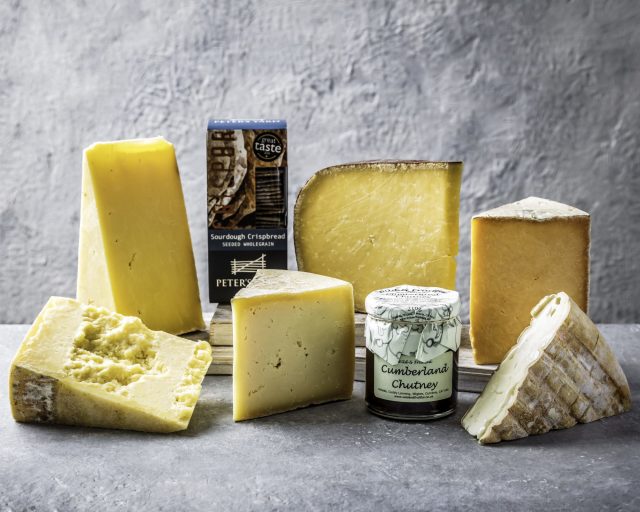Cheese is a dairy product, derived from milk and produced in wide ranges of flavors, textures and forms by coagulation of the milk protein casein. It is comprised of proteins and fat from milk, usually the milk of cows, buffalo, goats, or sheep. During production, the milk is usually acidified and the enzymes of rennet or bacterial enzymes with similar activity are added to cause the milk proteins to coagulate. The solids are separated from the liquid and pressed into final form.
Over a thousand types of cheese exist and are currently produced in various countries. Their styles, textures and flavors depend on the origin of the milk , whether they have been pasteurized, the butterfat content, the bacteria and mold, the processing, and how long they have been aged for. For a few cheeses, the milk is curdled by adding acids such as vinegar or lemon juice.
Cheese is valued for its portability, long life, and high content of fat, protein, calcium, and phosphorus. Hard cheeses, such as Parmesan, last longer than soft cheeses, such as Brie or goat's milk cheese.

